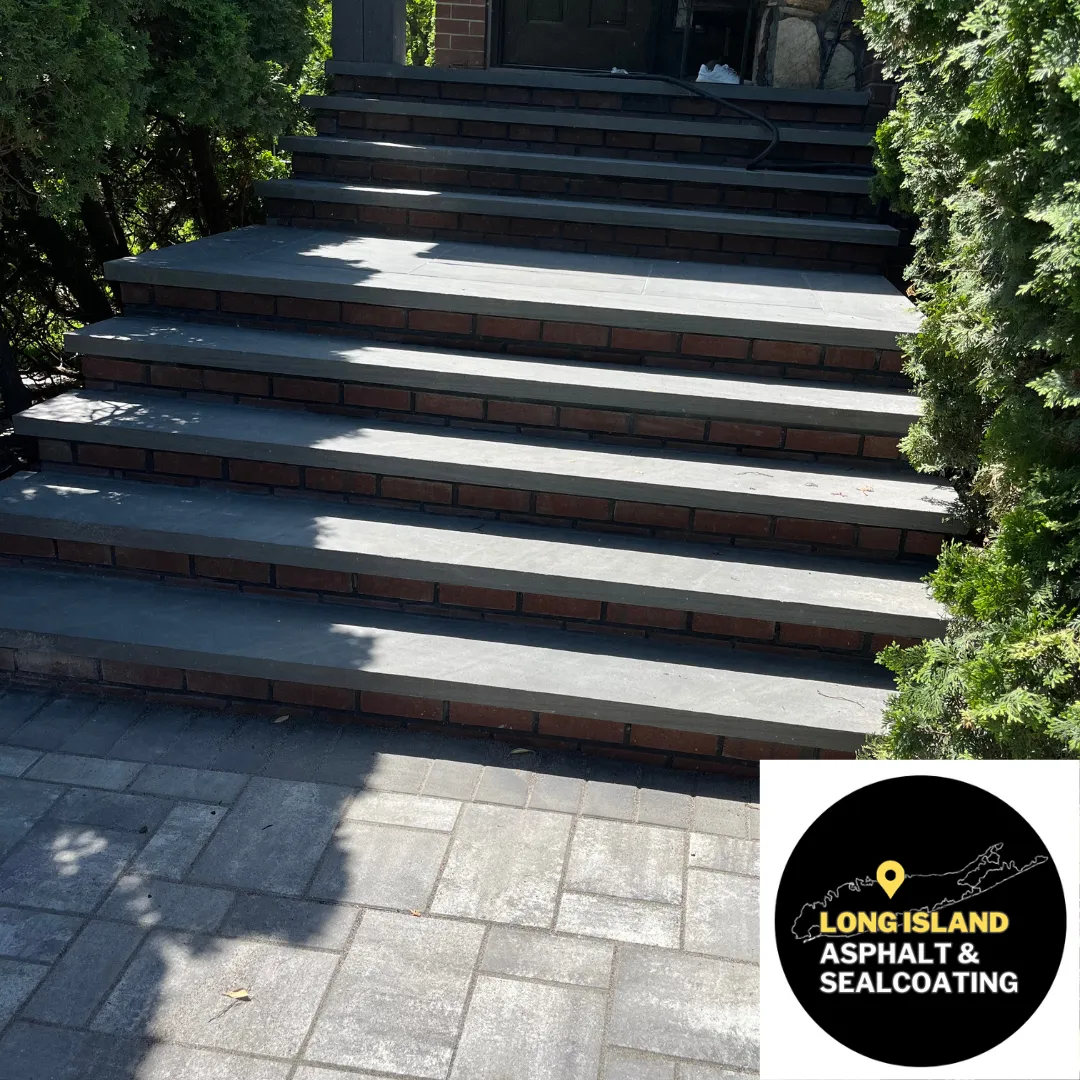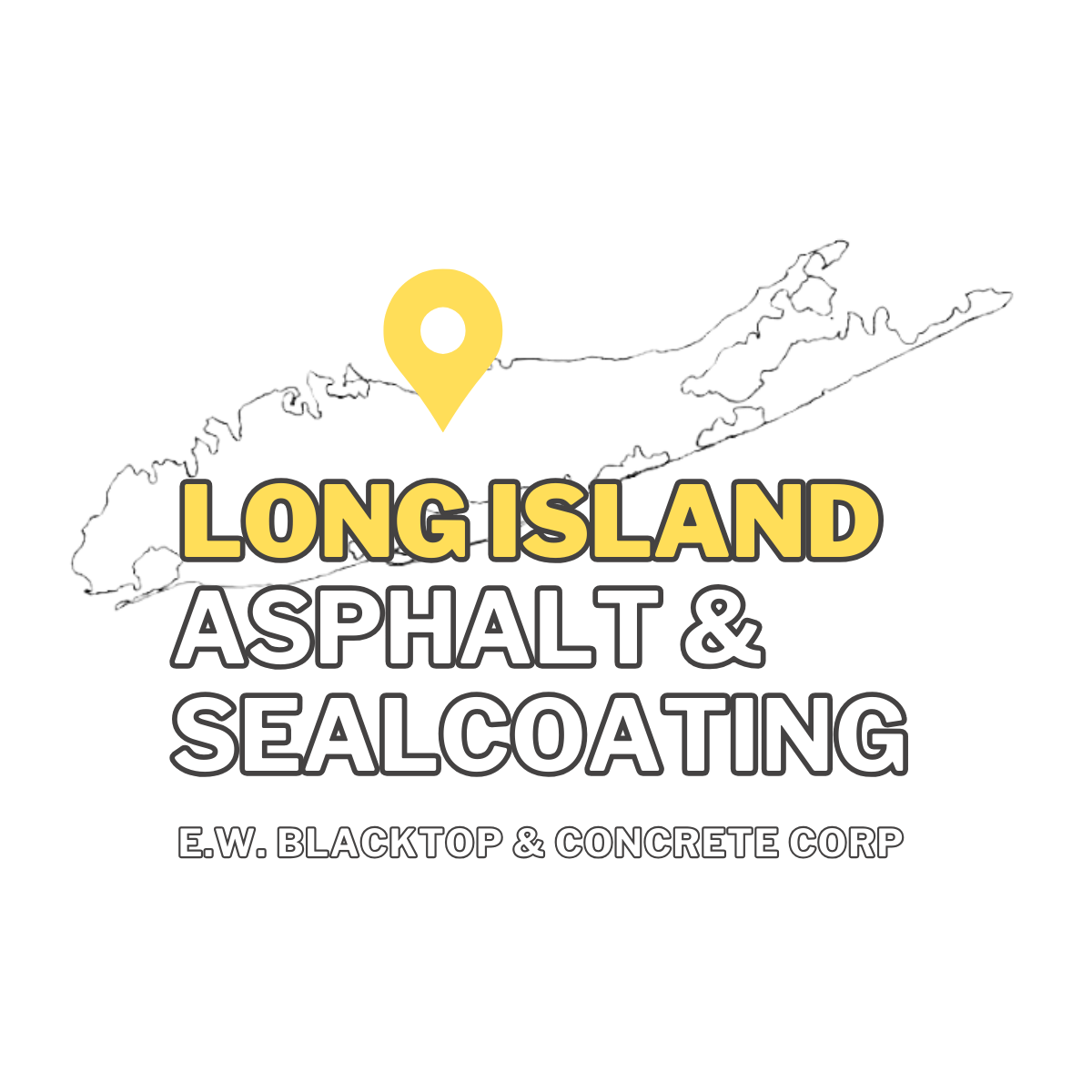Ultimate Guide to Choosing Outdoor Pavers for Long Island Homes
Creating the perfect outdoor space in Long Island starts with one essential decision: selecting the right pavers. Whether you're designing a patio, a pathway, a driveway, or a pool deck, outdoor pavers offer unmatched durability, beauty, and customization. However, Long Island's unique climate and architectural styles require specific considerations when choosing the right paver for your home. From freezing winters and humid summers to salt exposure and style preferences, there are many factors that influence your choices.
One of the biggest advantages of working with a local expert like Long Island Asphalt and Sealcoating is their understanding of regional conditions. Their extensive catalog of masonry and paving stone options ensures every homeowner finds the right material to match their design goals and budget.
Why Pavers Are the Best Choice for Long Island Homes
Outdoor pavers are modular blocks used to construct hardscaped surfaces such as patios, driveways, pool decks, and walkways. Compared to poured concrete or asphalt, pavers offer increased visual flexibility, better resistance to cracking, and individual replacement options when damage occurs. These features make them ideal for Long Island's seasonal weather shifts.
For example, interlocking pavers naturally shift and settle with the earth without cracking, while permeable options help manage stormwater runoff in coastal zones. Many homeowners appreciate the aesthetic upgrade over plain concrete, giving outdoor areas a premium, customized look.
Choosing the right pavers also enhances resale value. Well-planned hardscaping is one of the most effective home improvements to increase both usability and visual appeal—especially in competitive Long Island markets like Nassau and Suffolk counties.
Popular Outdoor Applications with Pavers
Hardscaping isn’t just about functionality—it’s also about expression. Here are some real-life applications where Long Island homeowners are making smart use of pavers:
Patios with Personality
Paver patios aren’t just for grilling. Many families use them to create outdoor kitchens, fire pit areas, or lounge spaces. Bluestone and travertine are often chosen for their rich, natural hues and smooth finishes. These materials blend beautifully with the region’s traditional and coastal architectural themes.
Elegant Walkways
Paver walkways do more than connect spaces—they guide guests with elegance. Curved paths lined with flower beds or lighting can completely change how people experience your landscape. Concrete pavers in warm gray tones are a go-to for a clean, modern finish.
Driveways Built to Last
Your driveway is one of the first things people notice. Paver driveways deliver high-end curb appeal and structural integrity. Unlike asphalt, which deteriorates over time, pavers are easily replaced in sections and resist oil stains when properly sealed. Explore masonry and paving stone driveway solutions offered by Long Island Asphalt and Sealcoating for examples.
Slip-Resistant Pool Decks
Pavers around a pool need to stay cool underfoot and provide traction. Tumbled travertine and textured concrete pavers excel in this category. Their non-slip finish adds an extra layer of safety for children and guests, and they hold up well against chlorinated water.
Making the Right Material Choice
Paver materials differ in appearance, durability, and maintenance. Here’s a closer look:
- Concrete Pavers – These are versatile and cost-effective. A popular choice for modern homes, they can be dyed to mimic stone and are available in nearly any pattern. Keep in mind: regular sealing helps preserve color.
- Brick Pavers – Loved for their timeless appeal, brick pavers are strong, eco-friendly, and ideal for historic properties. Their uniformity creates orderly patterns but limits creative flexibility.
- Natural Stone – Bluestone, travertine, and granite offer elegance and strength. These are premium materials that withstand the elements and last for decades. They require sealing but reward you with unmatched visual impact.
- Porcelain – A new entrant in the market, porcelain pavers are favored for modern projects. They're easy to clean, non-porous, and available in high-end textures like wood grain or marble patterns.
Explore more examples of Long Island’s favorite paver materials through Long Island Asphalt and Sealcoating’s masonry page.
Installation Done Right
Paver installation must begin with proper excavation and base preparation. This is especially true in areas like Long Island, where soil conditions vary between sandy shores and firm clay inland. Professionals use laser grading to ensure the base is level before laying any pavers.
The most common method is the dry-laid approach, where pavers sit on a compacted base and are locked in with polymeric sand. This method offers flexibility and easier repairs. For high-traffic areas like driveways, the mortar-set method over concrete may be preferable.
Long Island Asphalt and Sealcoating provides expert installation that includes drainage solutions, edge restraints, and custom inlay designs. Their team ensures compliance with all local building codes, a crucial aspect in areas prone to water regulation.

Care and Maintenance
One of the best things about pavers is how little effort they require after installation. A seasonal sweep and occasional rinse keep them looking sharp. Sealing helps prevent moss, mold, and stains—especially important for shaded or wet areas.
If a paver cracks or shifts, it’s easy to lift and replace just that section—no need to tear out the entire area. Need a maintenance estimate? Use the contact form to reach out directly to the Long Island Asphalt and Sealcoating team.
Long-Term Value and Curb Appeal
Investing in outdoor pavers is about more than functionality—it's a statement of style and care for your home. In Long Island, where first impressions matter and outdoor entertaining is a way of life, beautifully paved spaces elevate both form and function.
Pavers not only withstand the test of time but continue to look better with age, especially natural stone that weathers naturally. Their modular nature allows for seamless repairs and updates, meaning your patio, driveway, or walkway can evolve with your home.
Paver installations also significantly boost curb appeal. If you're considering selling your home, prospective buyers often see professional masonry work—like that performed by Long Island Asphalt and Sealcoating—as a sign of quality upkeep and timeless taste.
Final Takeaway
Outdoor pavers enhance both the function and beauty of your property. From timeless brick walkways to modern porcelain patios, the right choice reflects your lifestyle and adds value. Partnering with a Long Island-based specialist like Long Island Asphalt and Sealcoating means your project is handled with regional expertise, premium materials, and professional care.
Explore their masonry and paving stone offerings or request a custom quote via the contact page today. You can also explore their services in concrete paving to compare options.
Frequently Asked Questions (FAQs)
Q1: What type of paver is best for Long Island's climate?
A: Natural stone and high-quality concrete pavers are excellent choices due to their durability and resistance to freeze/thaw cycles common in Long Island.
Q2: Do pavers require sealing?
A: While not always necessary, sealing is highly recommended to preserve color, protect from stains, and extend the life of your pavers—especially for concrete and natural stone.
Q3: How long do pavers last?
A: With proper installation and minimal maintenance, pavers can last 30+ years.
Q4: How do I maintain my pavers during winter?
A: Use non-corrosive ice melts and avoid metal shovels that can scratch the surface. Sweep and rinse the area regularly.
Q5: Who installs pavers in Nassau and Suffolk County?
A: Long Island Asphalt and Sealcoating offers professional paver installation and maintenance across Long Island.
